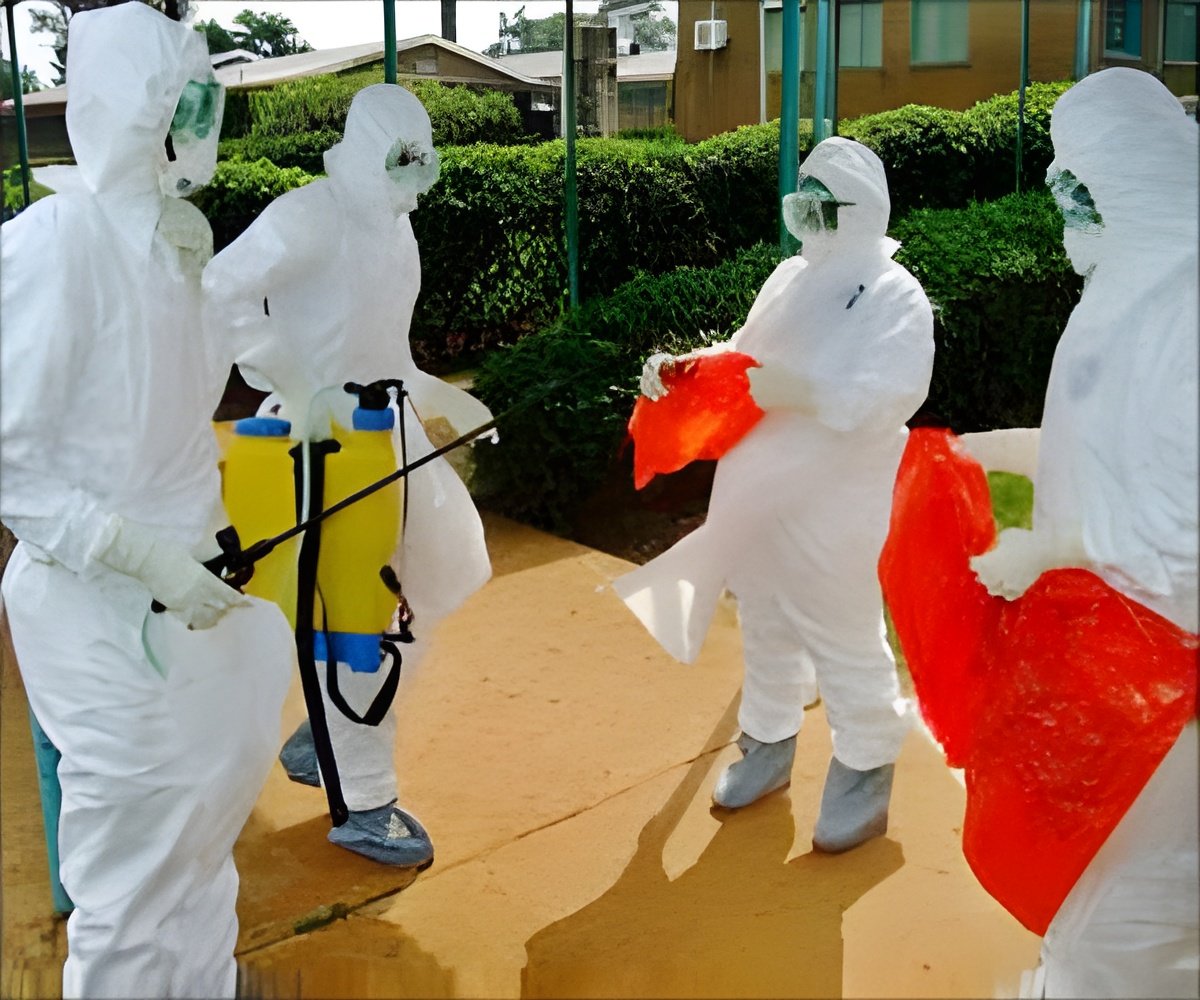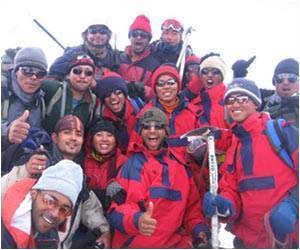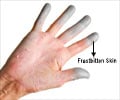After an Ebola outbreak killing about 1,500 people in Sierra Leone, the country is relying heavily on investigators to hunt down Ebola wherever it breaks out and stopping it on its tracks.

The teams of interrogators, known as "contact tracers", are mainly volunteers with immunity after surviving the virus.
They race to follow alerts across the west African country.
In Mabella, an impoverished and densely populated township of tin shacks in the capital Freetown, the inhabitants nervously watch contact tracer Hawa.
Just under 90 men, women and children are crammed into this squalid community, with no sanitation and sharing a single toilet and the same fetid air.
Ambulances took away an 11-year-old girl and a man of 20 around a week ago, condemning their neighbours to a quarantine of 21 days -- the maximum incubation period of the virus.
Advertisement
Twice a day, 33-year-old Hawa visits them with her team from the Red Cross, questionnaires in hand.
Advertisement
Now she is channelling her grief into serving the living, preaching vigilance and patience.
"I lost my husband, I lost my children, if you are sick, go to hospital, avoid direct contact," she tells the community.
- 'Best chance of survival' -
The tension is almost palpable in Mabella, where frustration mounts among residents who have had no news from the outside world, least of all updates on the two youngsters taken away, who could be dead for all they know.
A young man gestures with his empty hands, while a woman gets angry and demands rice, beans and flour, shouting: "We're hungry!"
But Hawa again pleads patience as Gray Davidson, the contact tracers' team leader, returns every morning with the same questions -- 18 in all -- to complete his forms.
"Any fever? Headaches? Muscle pain? Nausea? Diarrhoea? Itching?"
"We have a register of the people here and we check if all are present and who is missing, as some of them try to escape quarantine," he tells AFP.
Contact tracers are responsible for keeping in touch with the family and acquaintances of patients -- in fact, anyone who may have been in contact with the infected -- and regularly checking their health.
"Every time we report a suspected case, a sick or dead person, we visit the neighbourhood, house by house," says Mohamed Fofanah, the 32-year-old father of a five-year-old.
Fofanah volunteered two months ago in the district of Mayemba, two hours' drive east of the capital.
"Twice a day we visit areas that are under quarantine," he says.
While many in his own community have died, Fofanah has been spared so far. He is among 21 people who have registered as contact tracers in Mayemba's Fakunya chiefdom.
"This is our home -- we have nowhere else. It's our responsibility," he says.
"If we stay and do nothing, we will all die. The battle is not yet won, but this is our best chance of survival."
Source-AFP










